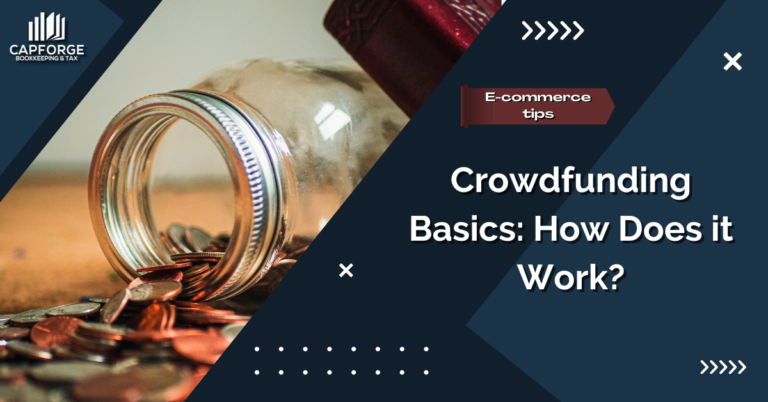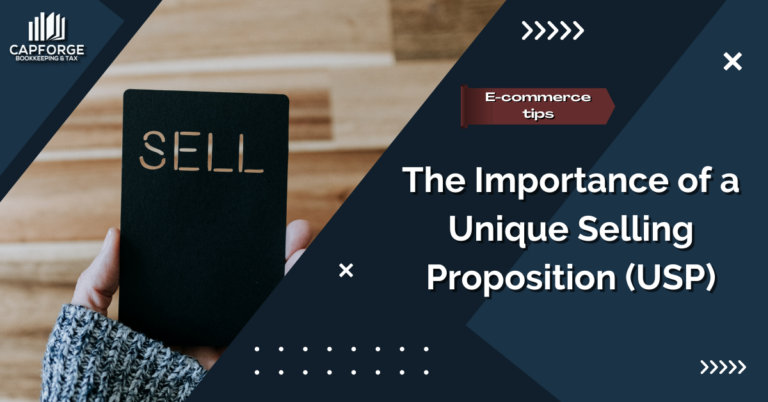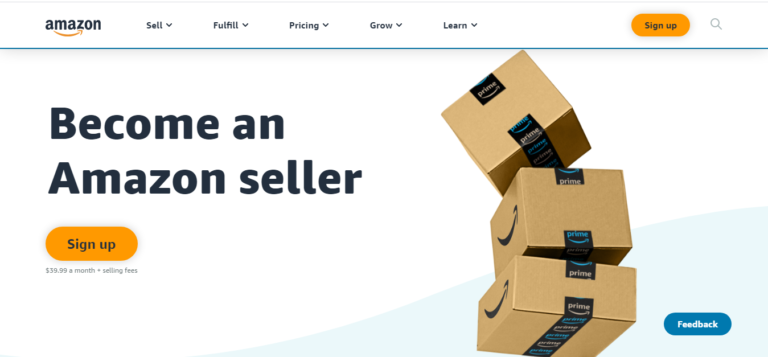How to Prepare Your Amazon Business for Exit
With lots of money pouring into the Amazon FBA market, more and more sellers are thinking about selling their business. If you’re also eyeing your big payday, follow these steps for a hassle-free exit and to guarantee that your business fetches the highest possible selling price.
1. Get Your Trademark Registration, IP Rights, & Patents in Order
Most Amazon brand buyers are looking for private label companies where the brand and trademark registry is a key part of the asset purchase. Many aggregators will check your registry in both the U.S. and China (as well as in other markets where you sell your products) so make sure that you have all this information readily available.
2. Increase Profitability
While having a large amount of total sales is great, no one wants to buy an asset that isn’t profitable. If you’ve had unforeseen expenses pop up, it may be a good idea to wait until you have at least six months of positive net operating income before taking your brand to market.
What are some of the challenges to being profitable? Monthly costs including salary, marketing spend (ACOS and TACOS), and administrative and payroll costs (G&A). Focus on steady growth and avoid artificially pumping up your sales numbers with heavy marketing spend.
3. Focus on Hero SKUs and On Specific Categories
Not all aggregators are the same, but most of them are looking for brands that have a smaller number of SKUs (3–8 for many). This allows the new operator to onboard your business into their portfolio more quickly and to integrate it into existing supply chain flows. If you have one hero SKU, then focus on that one product as opposed to rolling out new product launches prior to exit.
4. Concentrate on Amazon
Some sellers have been opening up store fronts on their own websites or through other third-party seller platforms, but Amazon is still king as far as most buyers are concerned. Maintaining stable performance on Amazon should be your top priority prior to exit. Aggregators are more than capable of scaling your brand across multiple platforms; what they’re looking for is a well organized business that they can evaluate accurately so that they know how much to pay for it and how much of their resources will be needed to further grow the business.
5. Focus on Growing Your Brand in Amazon’s Largest Market
Amazon brand buyers are much more likely to make you a generous offer for your business if you’ve proven that you can stand up to the top competitors in the global marketplace. With the United States Amazon market standing tall, with over 13 times the annual net sales of Germany (the 2nd largest market), there’s no better place to establish yourself as an authority than in the U.S.A.
6. Maintain Good Account Health
Make sure that your account health is strong prior to exit. If you’ve had any issues in the past, be transparent about this from day one.
No Amazon FBA buyer wants to buy a brand only to have it suspended, thus putting the entire asset at risk. Be transparent about any rebate campaigns that you’ve used in the past and if you have multiple accounts, this should be disclosed from the outset as this also increases the risk of account suspension.
While most aggregators understand that infringements happen to the best of sellers, and many are fine with at least one account suspension, it’s very important to be transparent about account health from the start of negotiations.
7. Automate Your Processes and Simplify the Supply Chain
The simpler the business behind the profits, the more enticing it is to buyers. To demonstrate that your business is well structured and transparent, maintain relationships with your suppliers by giving them a call or two prior to putting your business on the market. If you have a product team, VAs, and third-party warehouses, make sure that you’re up to speed with all of them and their day-to-day activities.
8. Collect All Your Records and Client Information From All Platforms
Keep careful track of all your client and partner emails, phone numbers, and all client data. This not only shows that you’ve grown your business in an organized manner, but it also provides key insight into your vision for the business moving forward and how best to pick up where you’ve left off. Any aggregator worth their salt will definitely appreciate this data, which will likely be reflected in the size of your offer.
9. Be Wary of Unrealistic Evaluations
In Amazon, as in all rapidly growing markets, there’s always the risk of questionable business practices. Some firms, for example, present unrealistically large offers to sellers in order to pump up deal flow to raise money from potential investors. The kicker is that there’s no actual guarantee that they’ll have the funds to execute the deal.
If you’re not careful in selecting who you work with, you could find yourself in a drawn-out due diligence process with no financing available to officially close the deal. Furthermore, if your deal structure includes an earnout and your buyer has the money but lacks the operational expertise to run your business, then you risk missing out on your earnout payments entirely. On the other hand, if you work with a capable operator/aggregator who is skilled at scaling Amazon businesses, the earnout could end up being a very significant portion of your overall payout.
Summary
Pursue steady profits on Amazon, especially in the U.S., and focus on the key products behind your brand’s success to increase your chances of receiving an attractive exit offer. You’ve no doubt sold many times before, but this is the big sale that all your previous sales have led up to. If you follow the steps laid out above, expect to receive a generous offer for the sale of your business and responsible management of your business moving forward.
—
About the Author
 Hugh Owen is a Business Development Manager and Acquisitions Specialist for Accel Club, an FBA aggregator that buys and grows e-commerce businesses.
Hugh Owen is a Business Development Manager and Acquisitions Specialist for Accel Club, an FBA aggregator that buys and grows e-commerce businesses.








